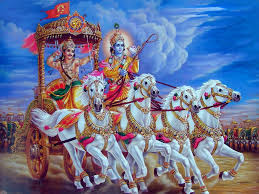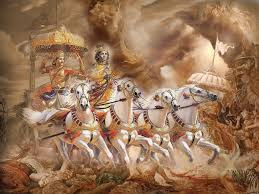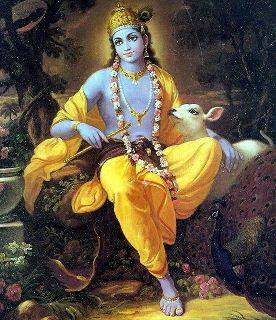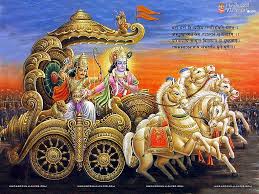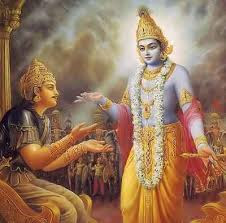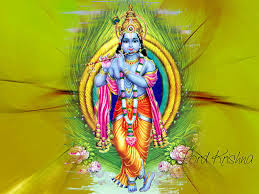The Spiritual Import of the Mahabharata and the Bhagavadgita : Ch-12. Part-6.

Chapter 12: The Entry of the Soul into the Supreme Being Part-6. When we speak of God as the Creator of the universe we do not imagine, even with the farthest stretch of our minds, that God does not retain His transcendentalness. So in the seventh chapter, and even in the eighth chapter, and to some extent in the ninth chapter, the transcendent aspect of God is maintained—God is above the universe. He is an unreachable magnificence, a tremendous force that attracts our awe and admiration, and frightens us with its might and greatness. We are afraid of God in the beginning. The very idea of God frightens us because of the force, the power and the immensity that is associated with God’s existence. There are two kinds of devotion—aishwarya pradhana bhakti and madhurya pradhana bhakti. Devotion that is associated with a sense of awe, admiration and fear is known as aishvarya pradhana bhakti. We admire God, we fear God, and we adore God because of His largeness, His g
